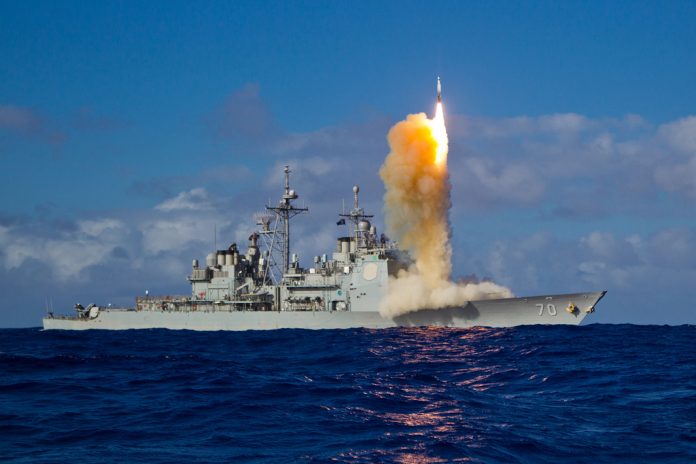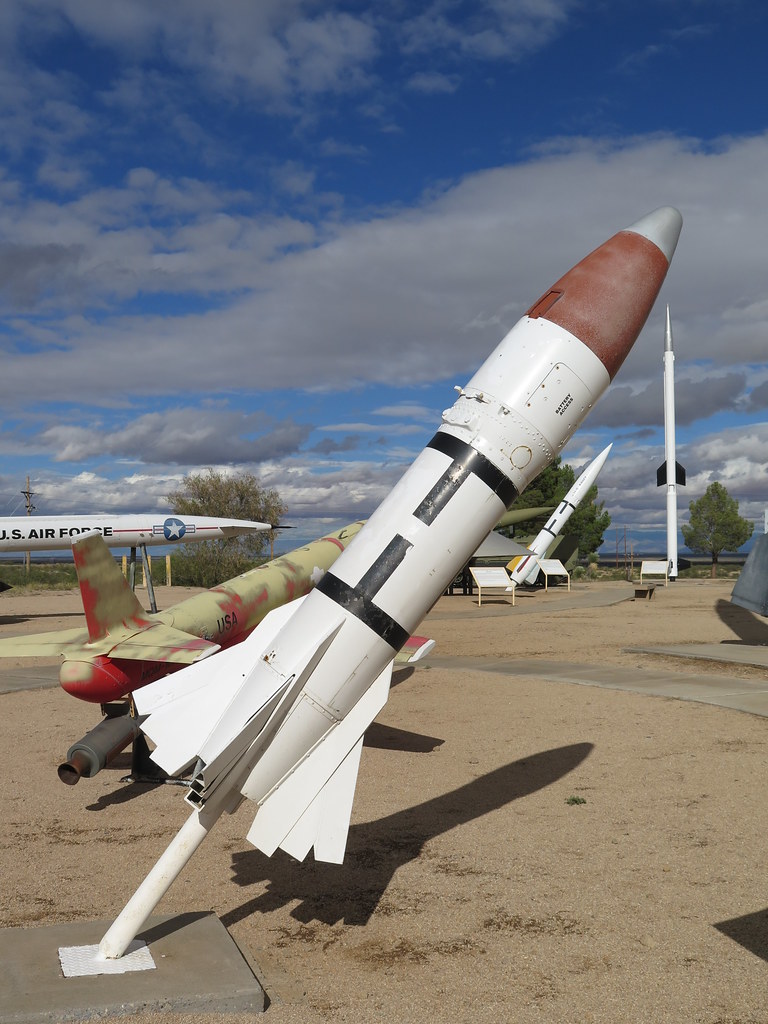
In a pivotal move for U.S. national defense, the U.S. Missile Defense Agency (MDA) has entrusted Lockheed Martin with a monumental $17 billion contract to develop the Next Generation Interceptor (NGI).
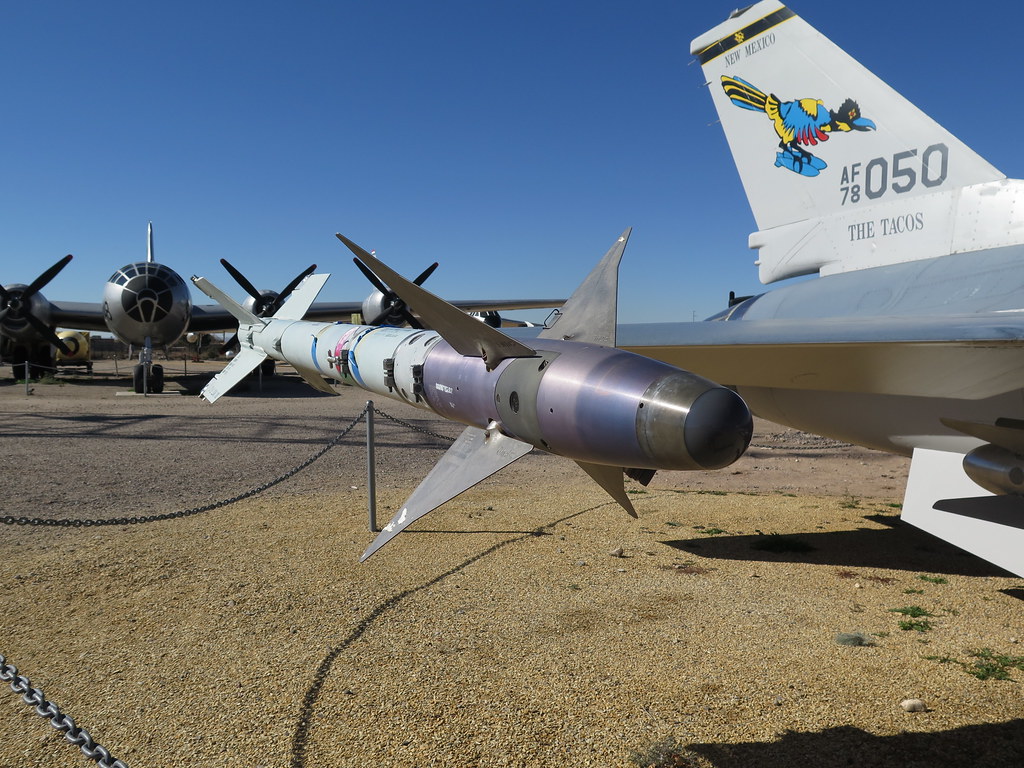
This decision, announced on Monday, April 15, marks a significant step forward in the modernization of America’s Ground-Based Midcourse Defense (GMD) program— the country’s primary line of defense against intercontinental ballistic missiles (ICBMs).
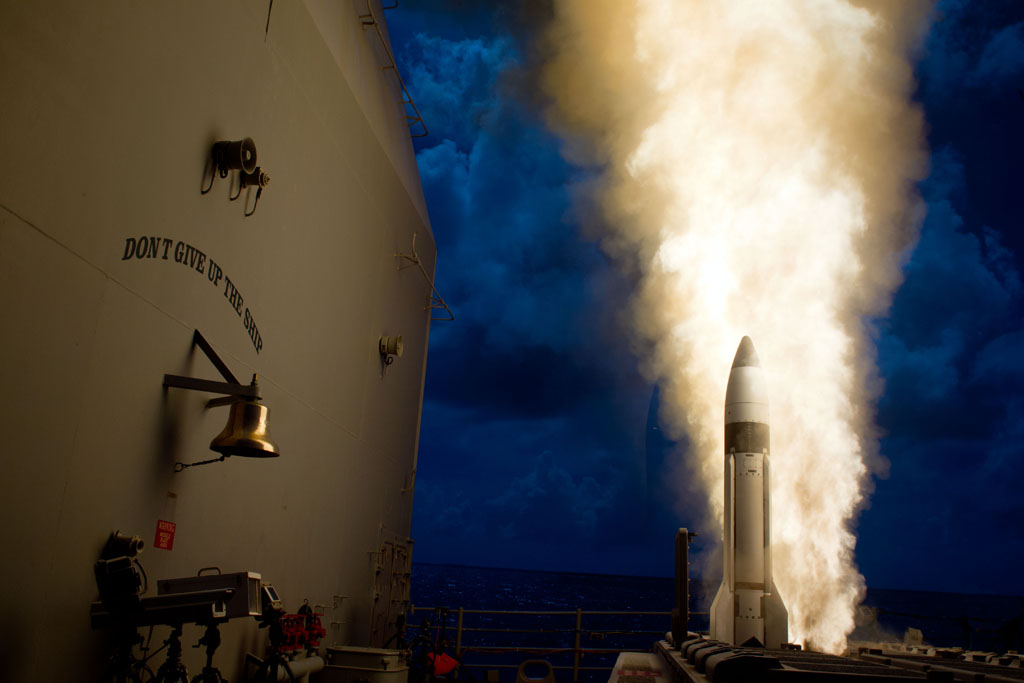
Lockheed Martin’s NGI program is tailored to address the growing ballistic missile capabilities of countries such as North Korea and Iran.

These states continue to enhance their missile technology, prompting the United States to respond by staying ahead of the curve with a more effective and reliable missile defense system.

The NGI is expected to remedy the shortcomings of the current GMD system, which has been operational since 2004 and criticized for its limited success rate.
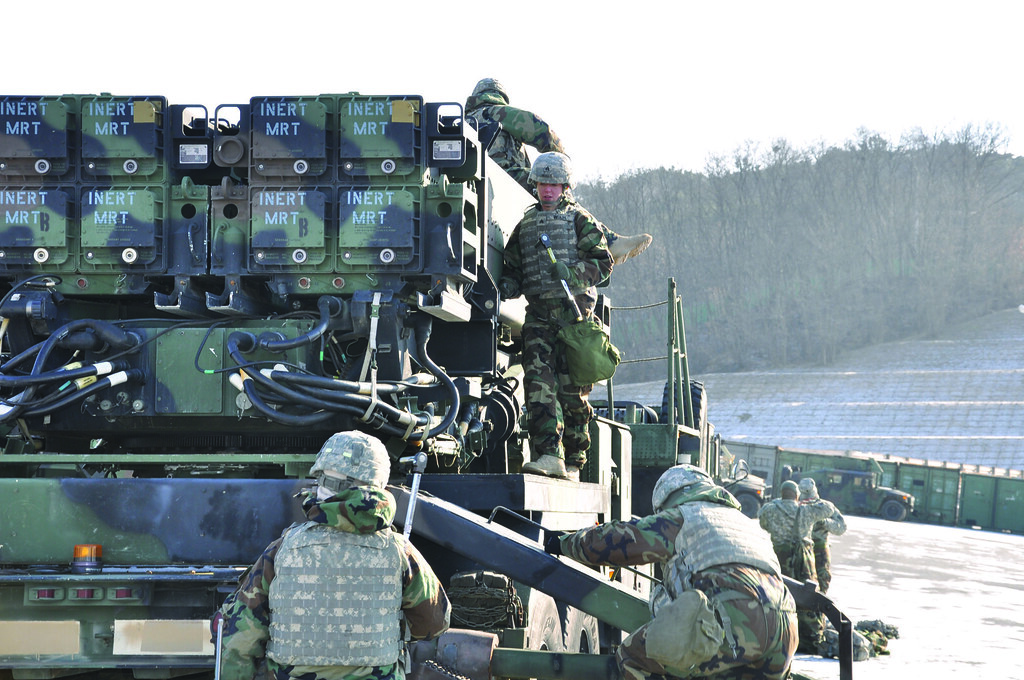
Sarah Hiza, vice president and general manager of Strategic and Missile Defense at Lockheed Martin, emphasized the company’s dedication to the project, stating, “We are committed to delivering reliable interceptors that will seamlessly integrate with the GMD system and can rapidly evolve with the threat.”

The interceptor is set to bolster America’s defense infrastructure by bringing to bear the latest advancements in technology and strategic deployment capabilities.

The urgency of the NGI program is reflected in its ambitious timeline. The first interceptor is projected to be operational by 2028, with plans to acquire 20 NGI interceptors to be strategically stationed at Fort Greely, Alaska.
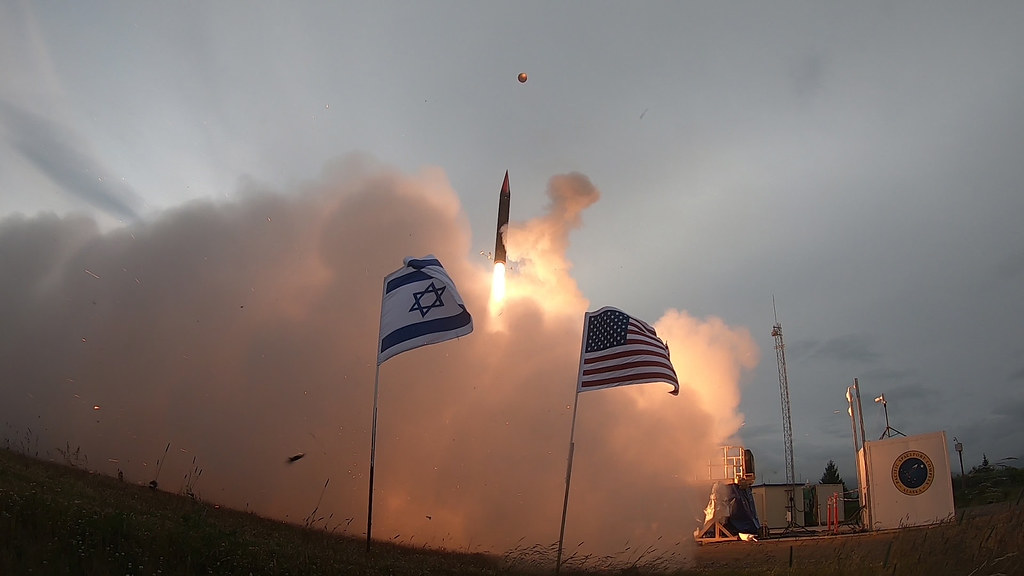
This rapid development underscores the MDA’s determination to address pressing security concerns promptly.
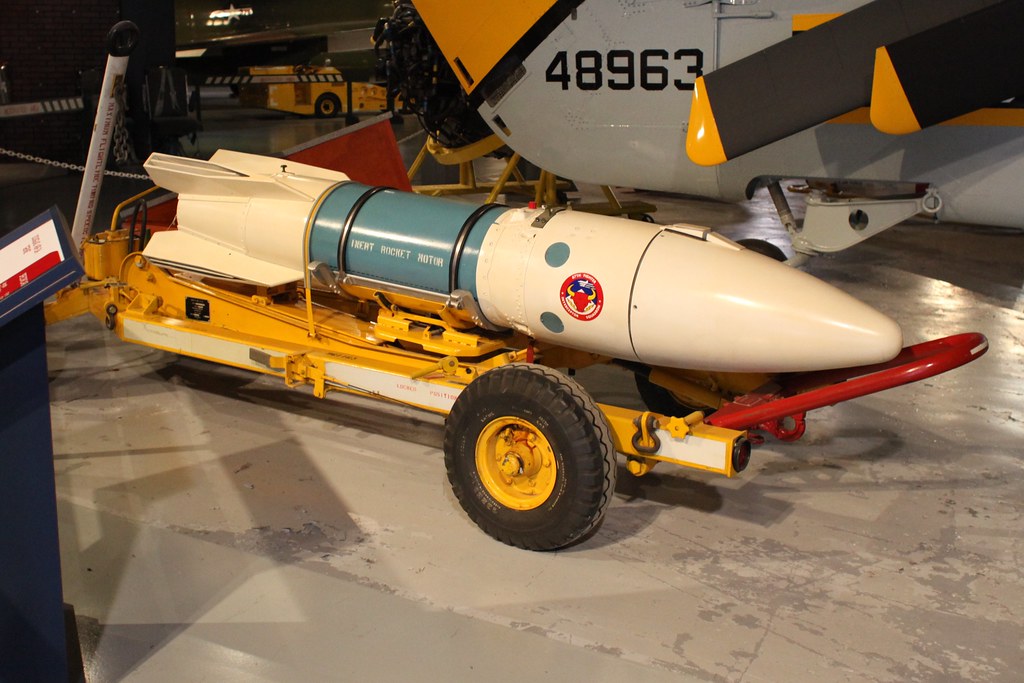
While Lockheed Martin’s aeronautics segment has faced recent challenges, such as supply chain issues affecting the F-35 fighter jet program and the loss of the Future Attack Reconnaissance Aircraft (FARA) contract, the NGI award reinforces its leadership in U.S. missile defense technology.
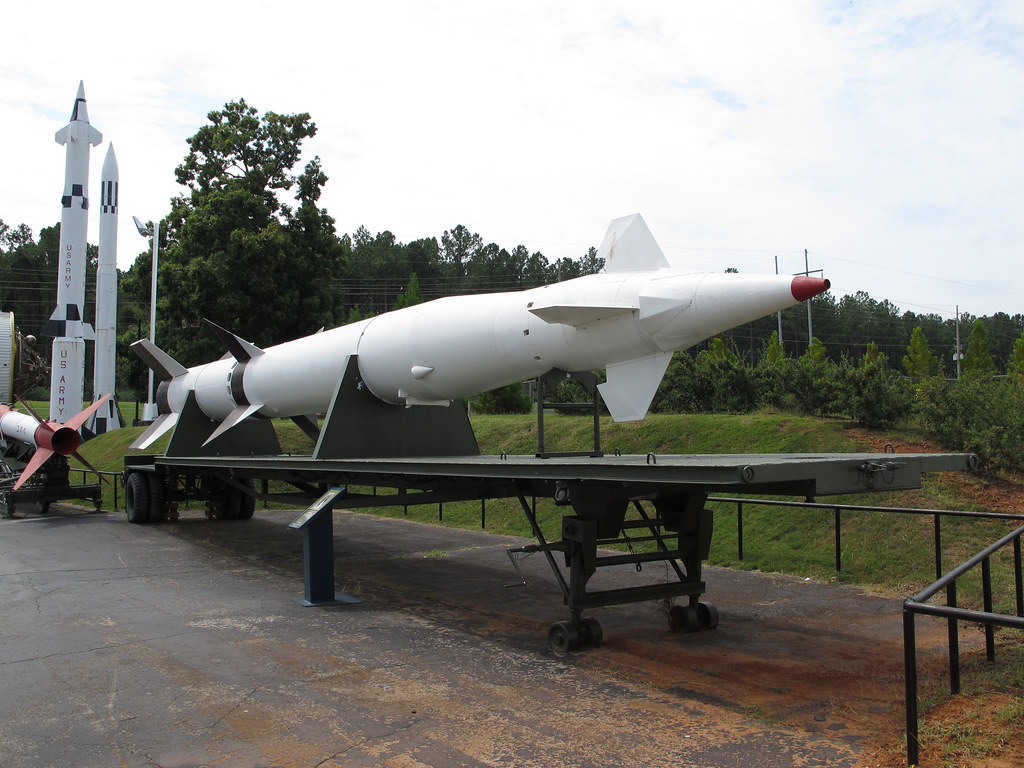
Despite these setbacks, Lockheed’s shares saw an uptick following the contract announcement, reflecting investor confidence.

The NGI program is a testament to the United States government’s resolve to protect the nation against advanced ICBM threats.
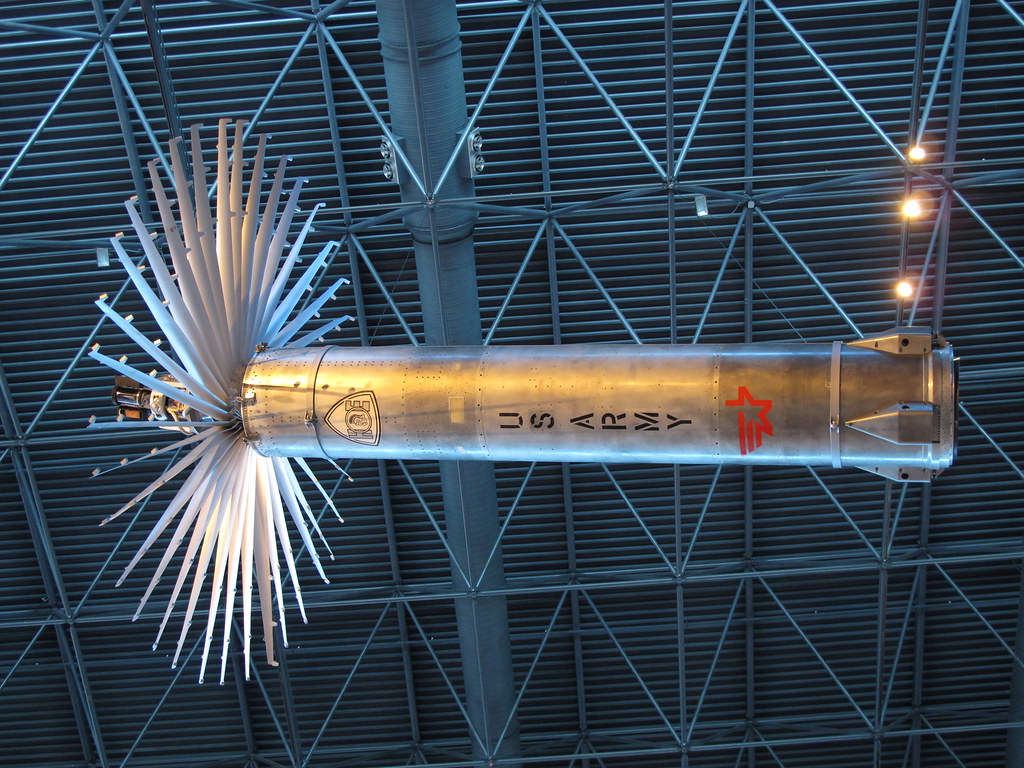
With a focus on cutting-edge technology and a quick development pace, the NGI is expected to become a robust and effective shield, ensuring the security of American citizens.
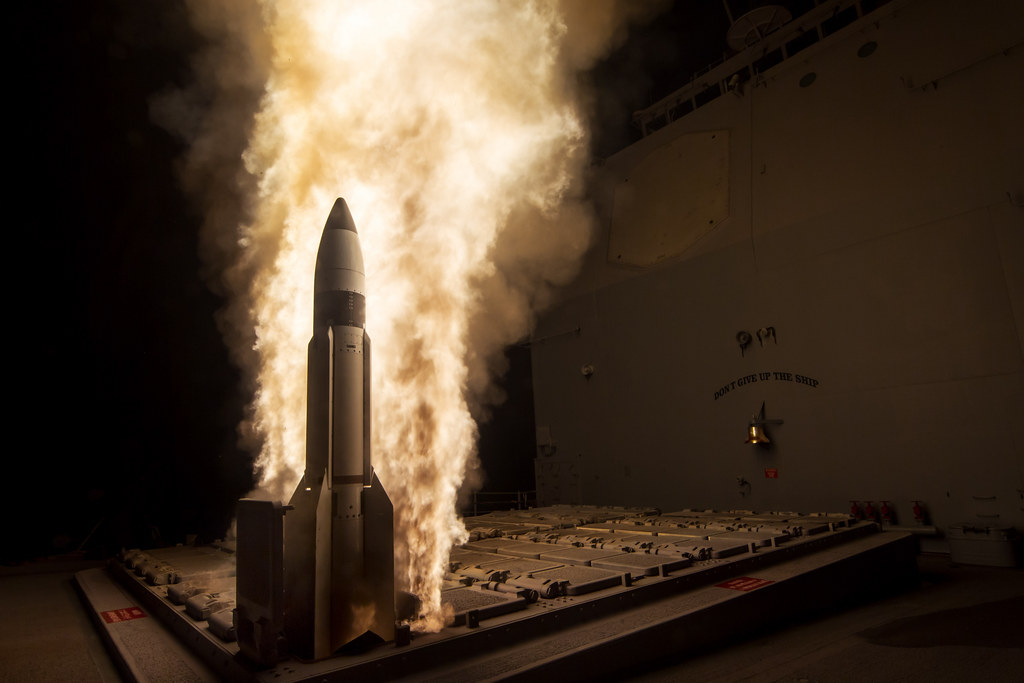
As the program progresses, the U.S. stands to reinforce its message of deterrence to potential adversaries while securing the peace of mind that comes with a state-of-the-art defense system.
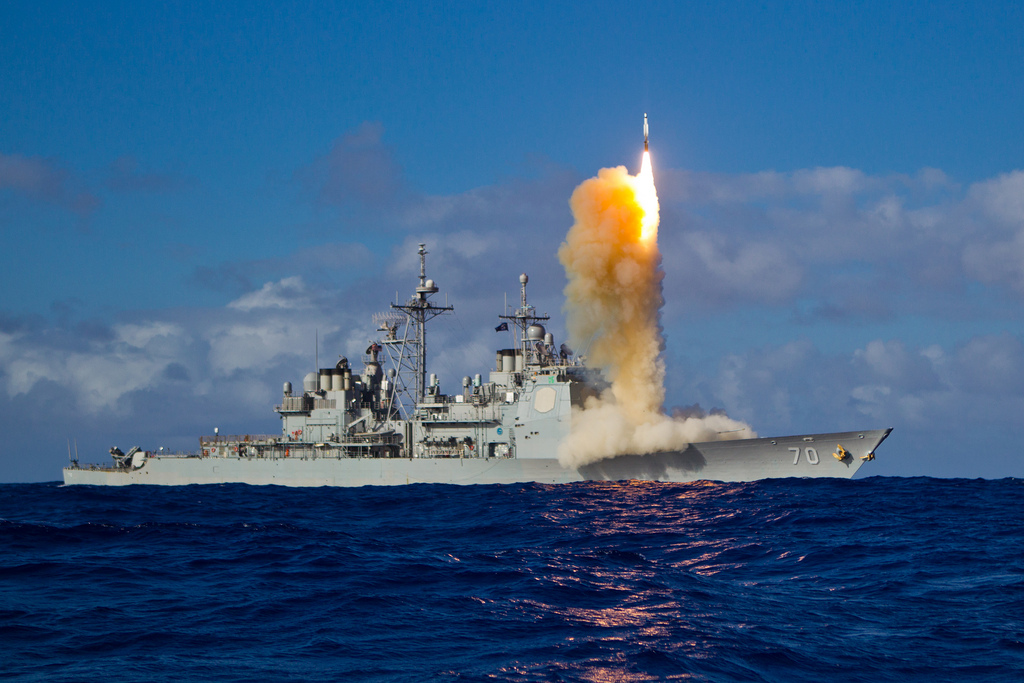
The NGI represents not just an improvement to existing defense measures but a proactive stride towards a more secure future.
